Long distances are no longer obstacles to lifesaving services thanks to better trained staff at outreach clinics. […]
Key to increasing clinic attendance in rural Malawi? Integrating services
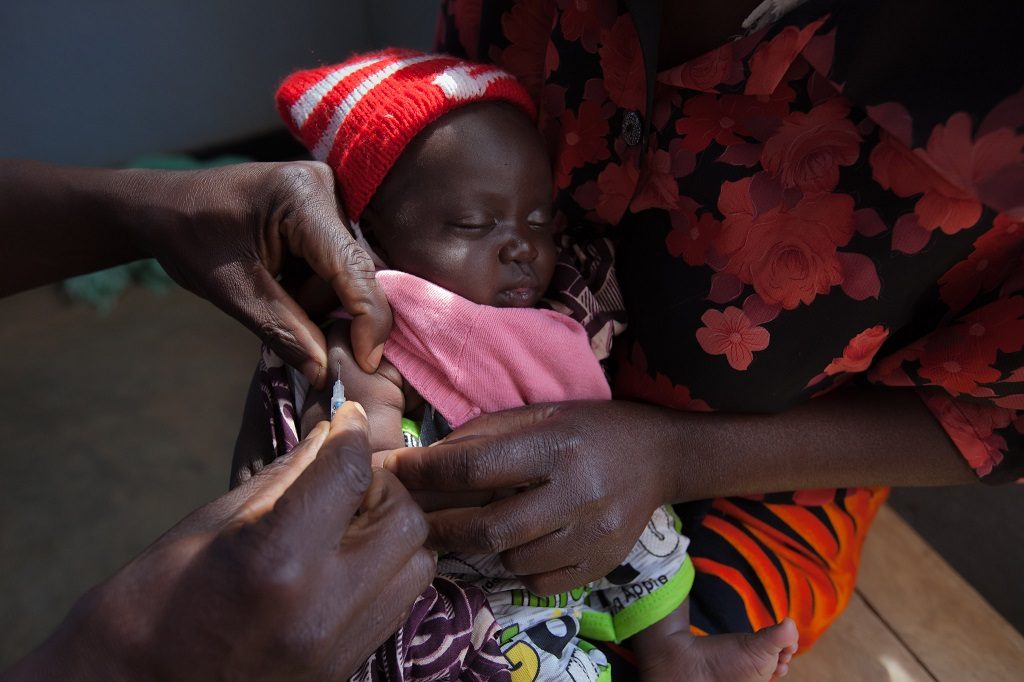

Long distances are no longer obstacles to lifesaving services thanks to better trained staff at outreach clinics. […]
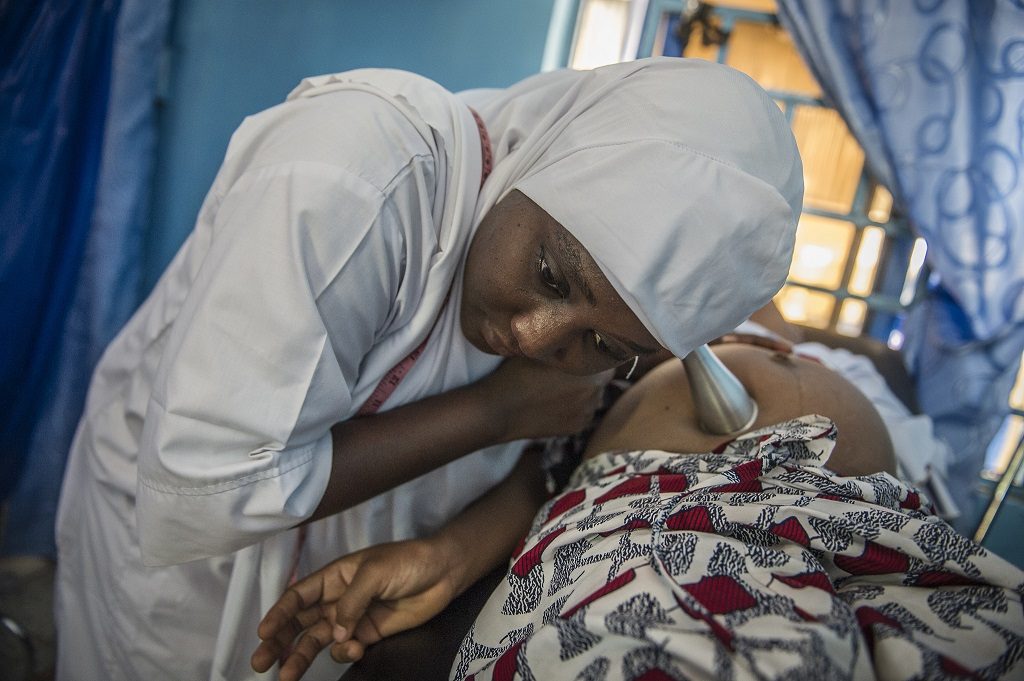
MCSP has empowered more than 700 healthcare workers from 120 facilities in Ebonyi and Kogi states to provide essential and basic emergency care for pregnant women and newborns. […]
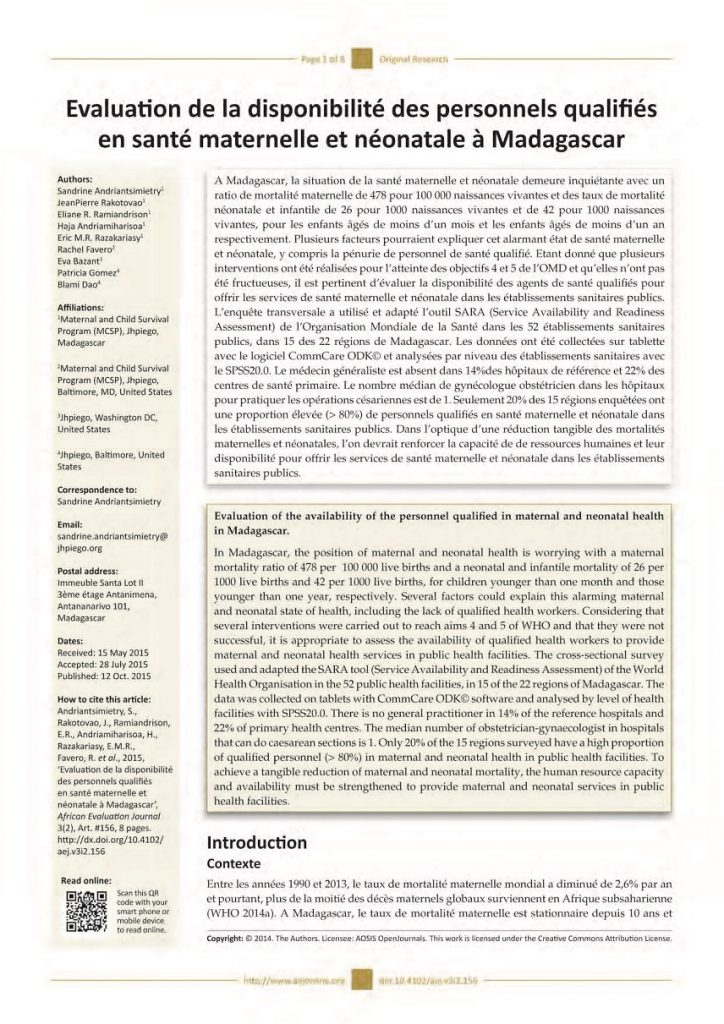
This MCSP co-authored article — translated to “Evaluation de la disponibilité des personnels qualifiés en santé maternelle et néonatale à Madagascar” — was published in the African Evaluation Journal. In Madagascar, the position of maternal and neonatal health is worrying with a maternal mortality ratio of 478 per 100,000 live births and a neonatal and […]
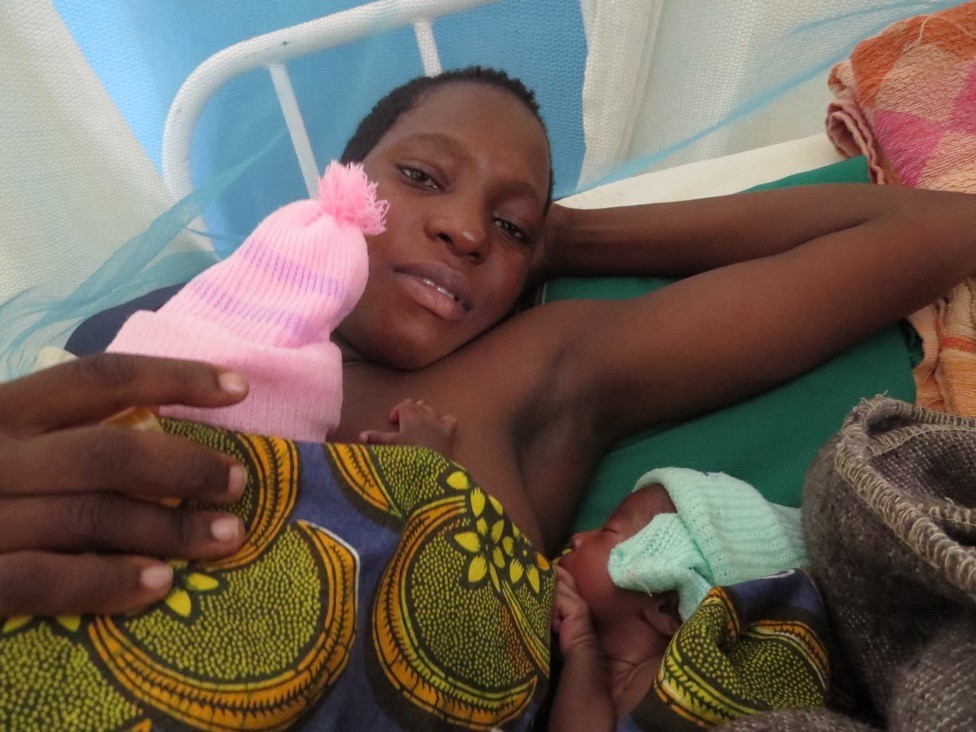
This World Prematurity Day, we’re celebrating Kangaroo Mother Care, a lifesaving intervention for some of the 15 million babies born too soon every year. […]
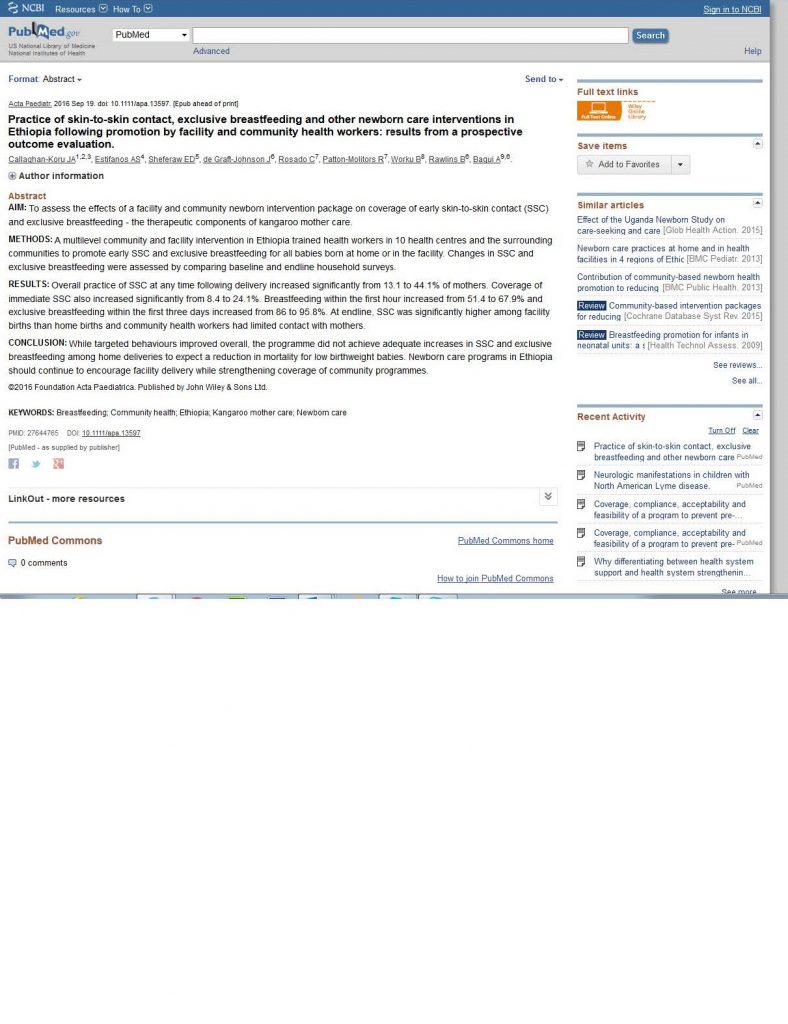
Published in Acta Paediatrica, this article assesses the effects of a facility and community newborn intervention package on coverage of early skin-to-skin contact and exclusive breastfeeding — the therapeutic components of kangaroo mother care. To read the abstract and full article (subscription required), click here. […]
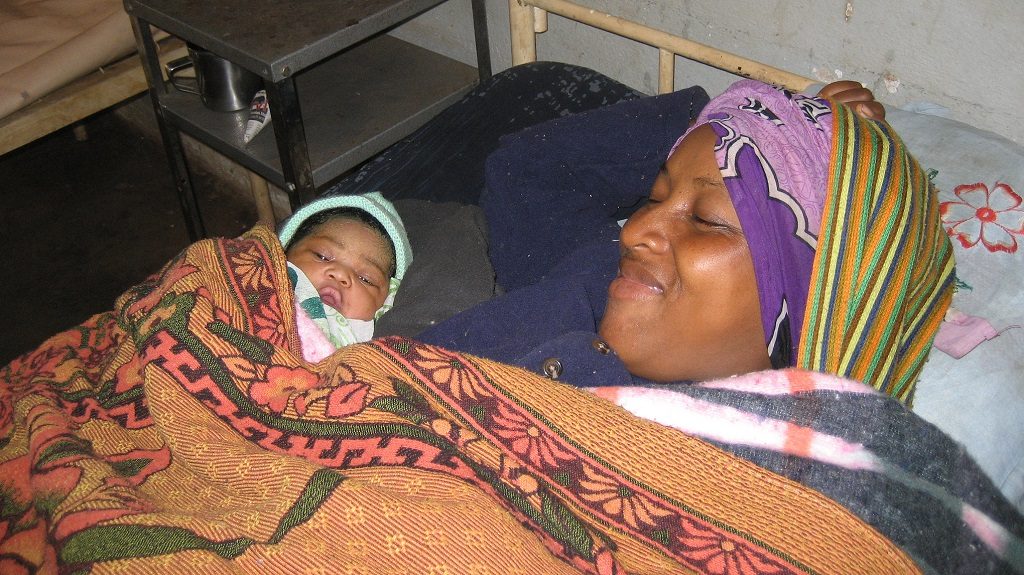
The innovative approach, implemented by MCSP, dropped the facility’s infection rate from 40% to 0% in just two months. […]
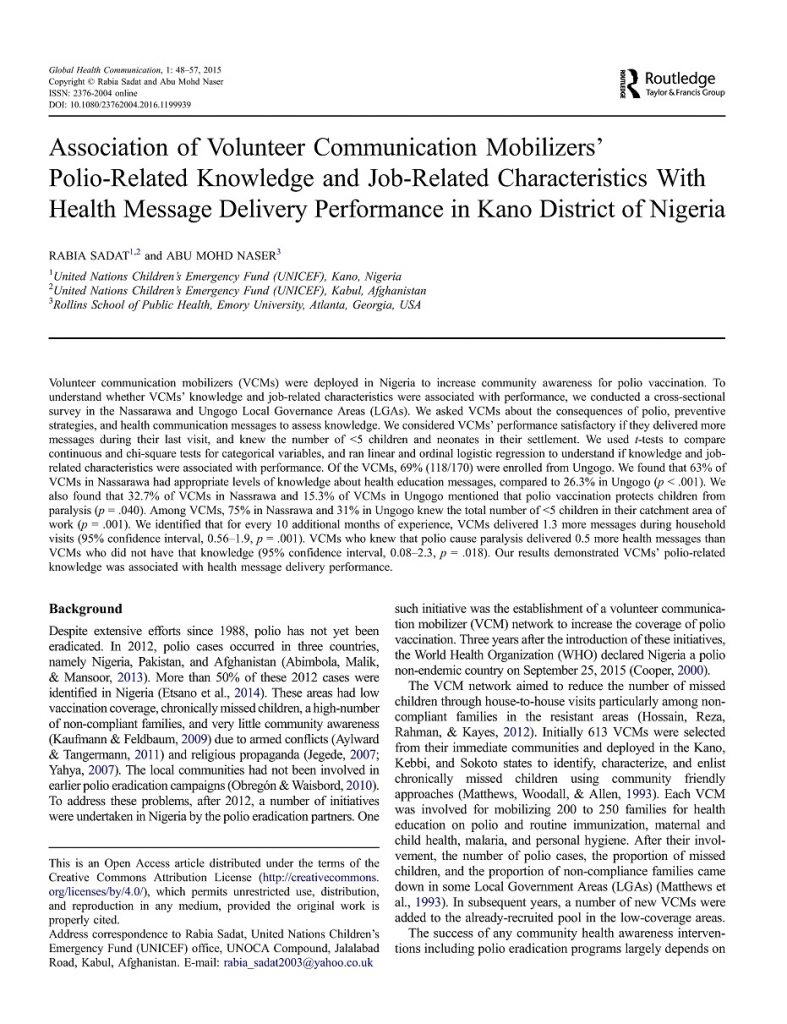
Volunteer communication mobilizers (VCMs) were deployed in Nigeria to increase community awareness for polio vaccination. To understand whether VCMs’ knowledge and job-related characteristics were associated with performance, the authors conducted a cross-sectional survey in the Nassarawa and Ungogo Local Governance Areas (LGAs). They asked VCMs about the consequences of polio, preventive strategies, and health communication […]
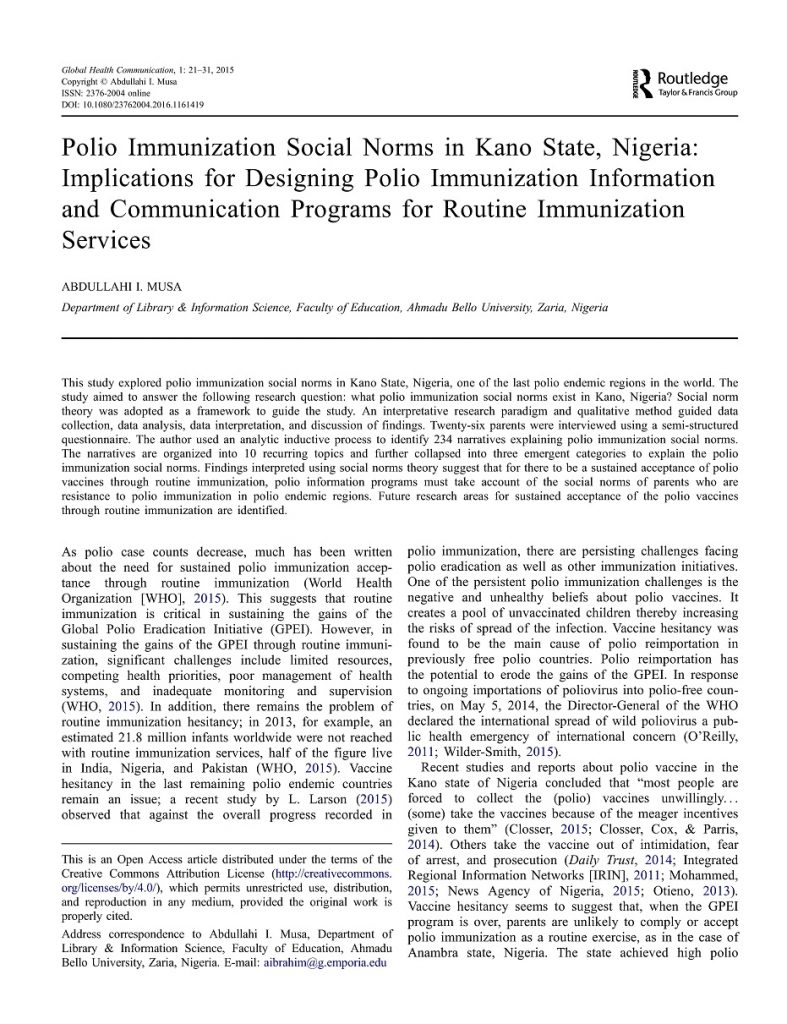
This study explored polio immunization social norms in Kano State, Nigeria, one of the last polio endemic regions in the world. The study aimed to answer the following research question: what polio immunization social norms exist in Kano, Nigeria To read the full, open access article in the journal Global Health Communication, click here. […]
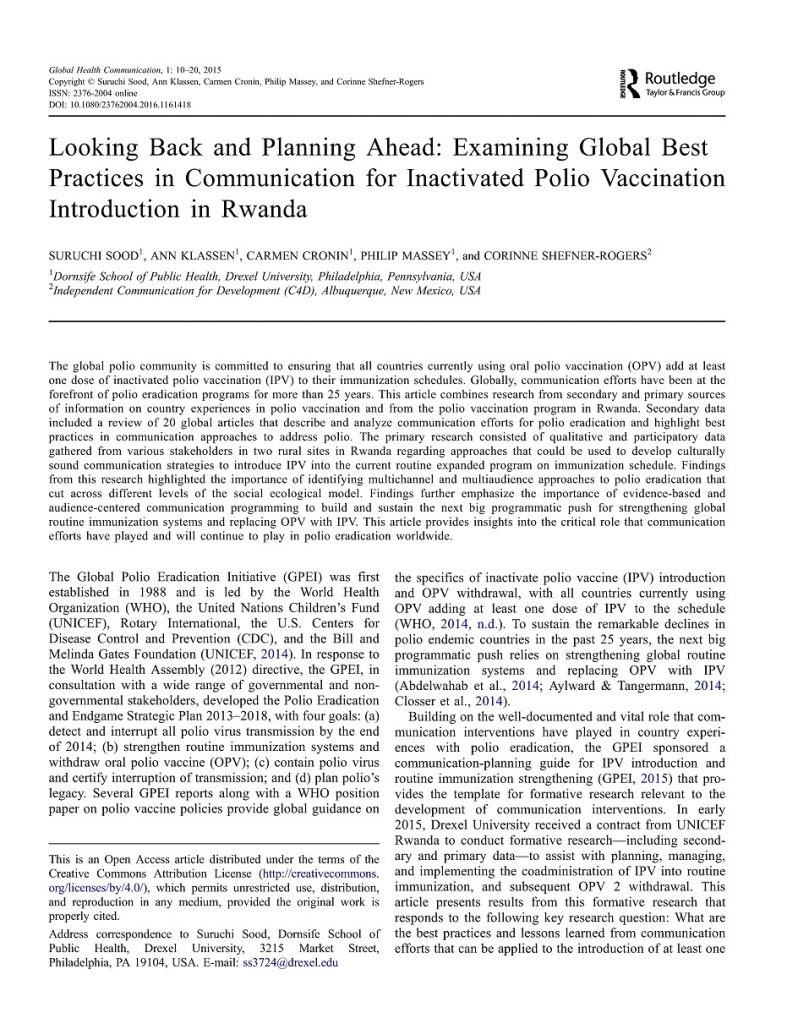
The global polio community is committed to ensuring that all countries currently using oral polio vaccination (OPV) add at least one dose of inactivated polio vaccination (IPV) to their immunization schedules. Globally, communication efforts have been at the forefront of polio eradication programs for more than 25 years. This article combines research from secondary and […]
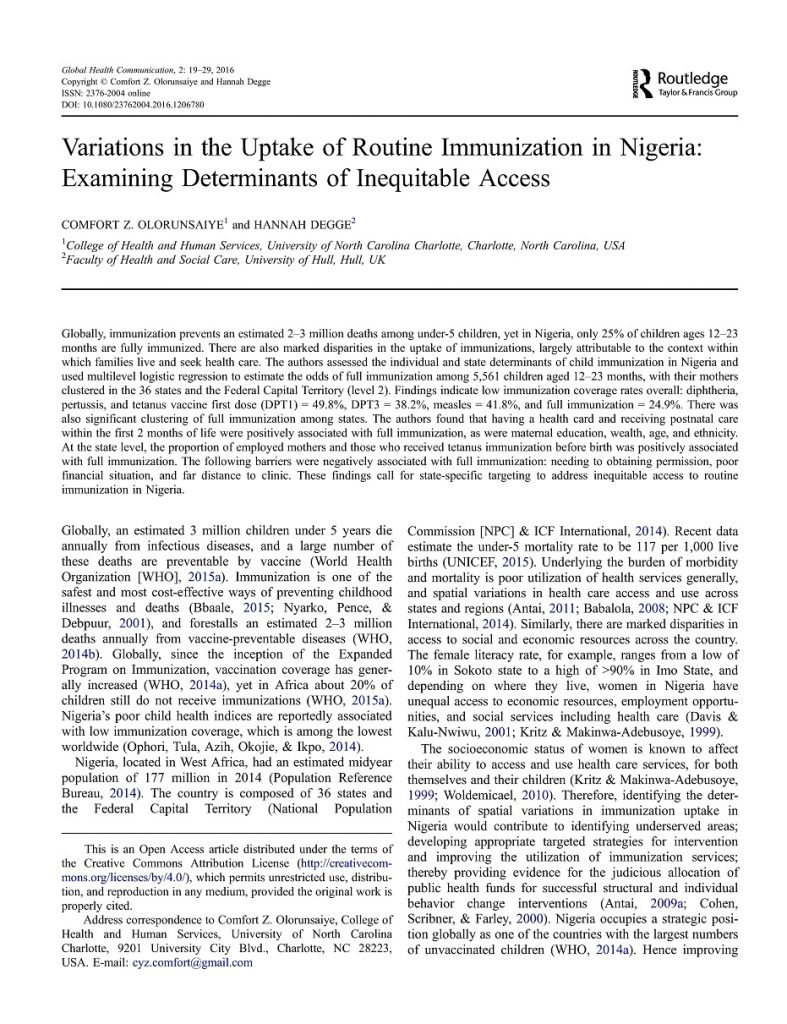
Globally, immunization prevents an estimated 2–3 million deaths among under-5 children, yet in Nigeria, only 25% of children ages 12–23 months are fully immunized. There are also marked disparities in the uptake of immunizations, largely attributable to the context within which families live and seek health care. The authors assessed the individual and state determinants […]